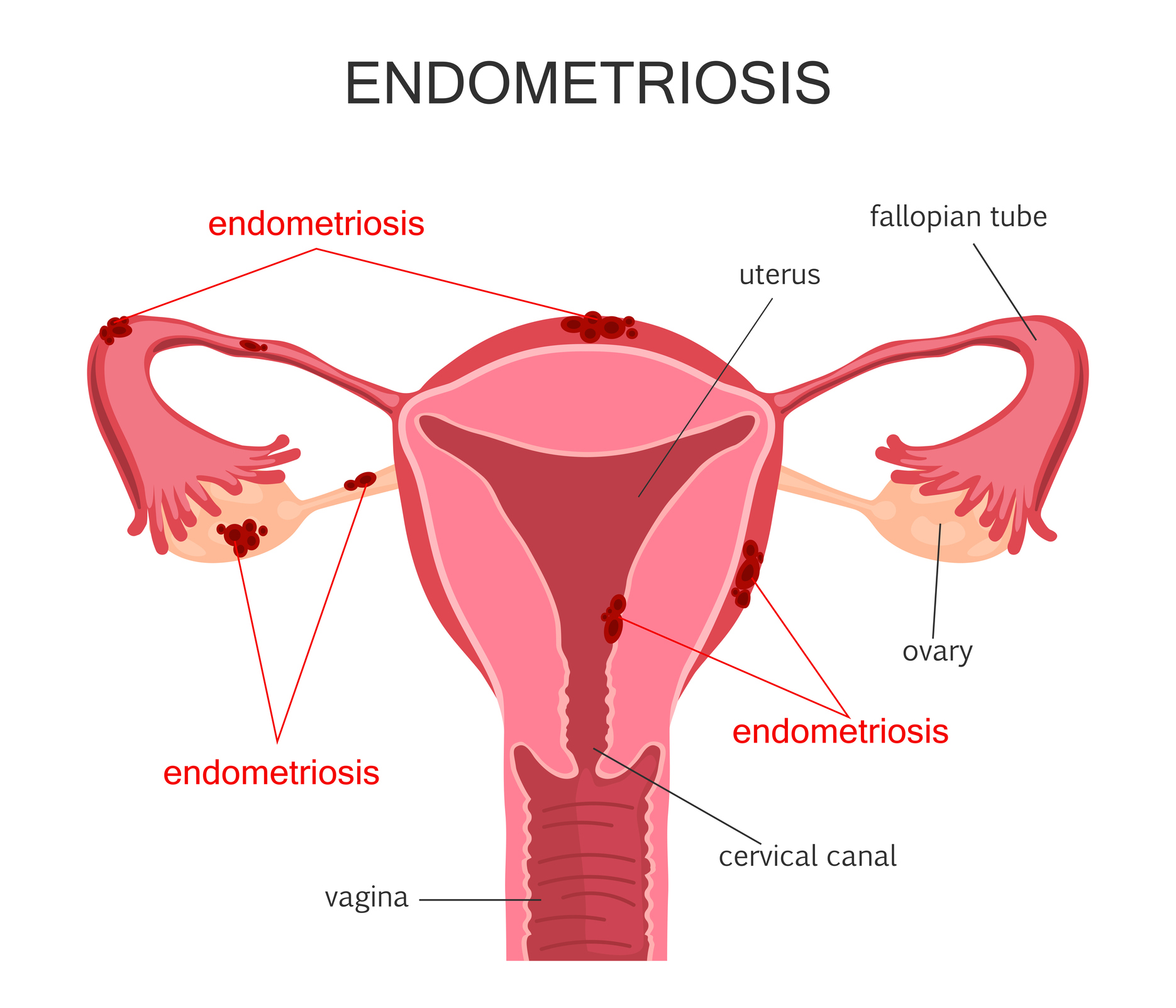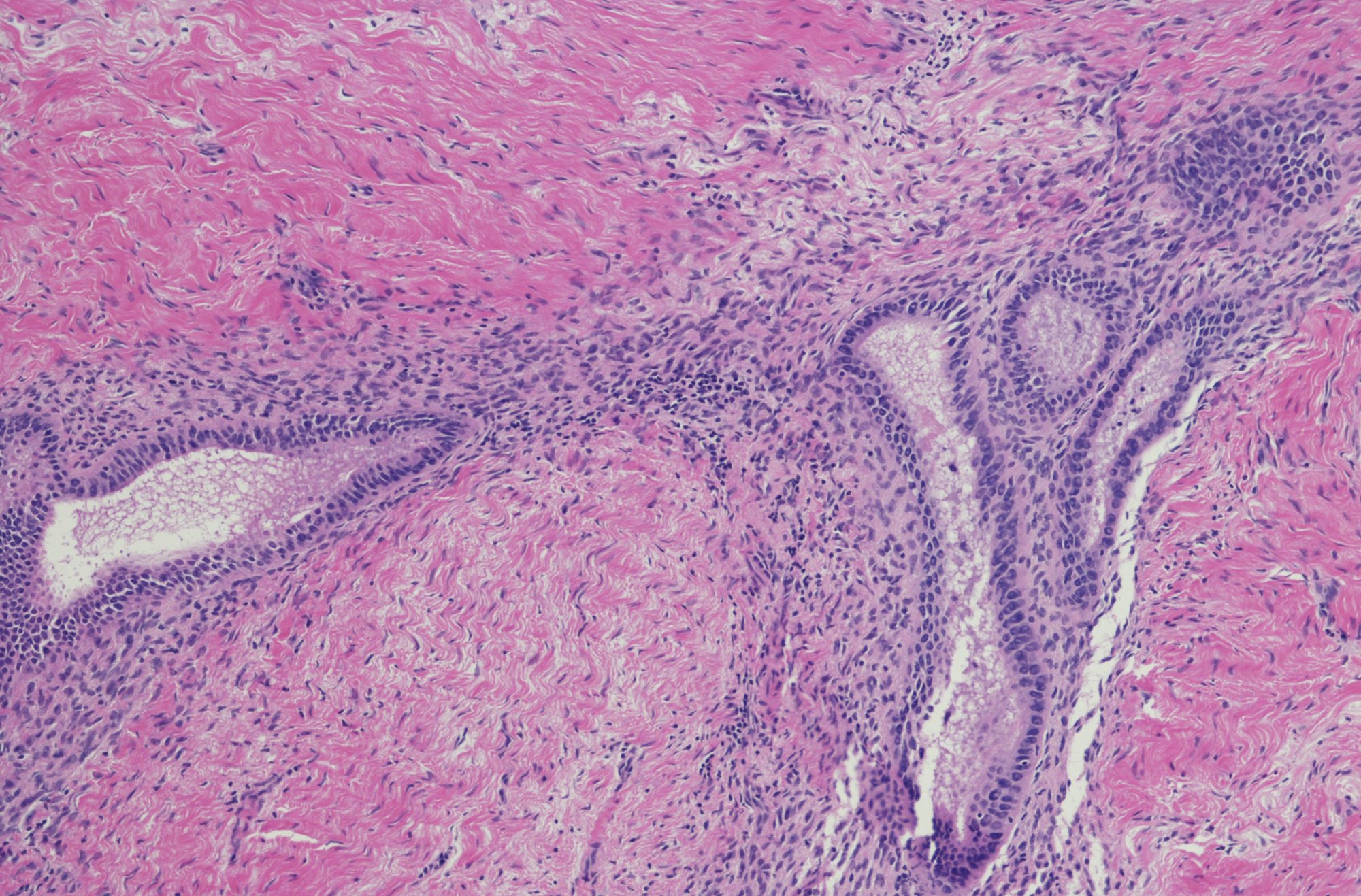Fusobacterium, implicated in diseases like gingivitis, ulcerative colitis, and colon cancer, has now been discovered to play a role in the formation of endometriosis
Researchers discover a pathogenic role of fusobacterium in the formation of ovarian endometriosis in a new study with 155 women in Japan.
Endometriosis is a disease which affects 10% of women, occurs when tissue like the lining of the uterus grows outside of the uterine cavity.
One of its most notable symptoms is incredibly painful periods, and currently, the mechanisms underlying the disease are not fully understood.
Samples from subjects with endometriosis were more likely to host bacteria belonging to the genus Fusobacterium. Fusobacterium were often found in the mouth, gut, and vagina, and have been linked to other conditions, such as gum disease and more.
Researchers found that 64% of the women found to have endometriosis were also found to have a co-infection with this bacterium.

64% of the women found to have endometriosis had a co-infection with fusobacterium
In their study, fusobacterium was found in the endometria and endometrial lesions of more than half of patients with endometriosis – but only 7% of controls. This control group took endometriosis samples and implanted them in mice
Using a mouse model of endometriosis, they found that the inoculation of Fusobacterium increased the numbers and weights of endometriotic lesions, whereas antibiotic treatment with metronidazole and chloramphenicol could reduce the lesions.
Treatment helped to control the spread and intensity of the lesions
Some of those mice were also intentionally infected with fusobacterium. In the mice who were coinfected with the bacteria, the endometrial tissue was more likely to implant and was wider spread and caused more problems. Those infected mice were then treated with antibiotics.
That treatment seemed to control not only the spread but also the size and intensity of the lesions.
Following this research, there is now an ongoing human clinical trial to see if treatment with antibiotics can reduce symptoms of endometriosis.
Overall, these findings suggest fusobacterium is a possible causative agent to endometriosis and that antibiotic treatment to eradicate endometrial infection needs to be further studied.











